
Study was conducted on mice and mice fetuses were exposed to BPA for the time they were in a womb. BPA compounds are found in many objects that are used on daily basis, such as plastic bottles, hard plastic containers, the resin used to produce aluminum cans and even certain dental fillings. The results of study show that mice that were exposed to BPA compounds were more sensitive to their body estrogen, which could render them infertile. This is not the first study that was investigating the effect of BPA on female fertility, and studies that were conducted previously had determined that BPA could mimic certain properties of female hormone estrogen, but this study wanted to check whether a mother's exposure to BPA can modify the offspring's genes.
The fact is that the scientists did not formally examine the effects of increased sensitivity to estrogen, Broomer, one of the study's coauthors said, one possible implication of increased sensitivity to estrogen is infertility: if the gene needed for embryos to attach to a uterus does not function correctly, mothers will not be able to reproduce. Next step in research will be determining what the exact levels of BPA exposure are that are significant enough to endanger female fertility and to impact fetal development. At this we have to bring out that we (humans) are regularly exposed to BPA which is as already said found in plastic. And dr. Taylor, the leader of the research said that BPA can be measured (detected) in 95% of humans, which means we are chronically exposed. It is essential to bring out that the risk of BPA leaching out of plastic is much higher once a plastic (bottle for example) has been washed for the first time or after it has been microwaved.


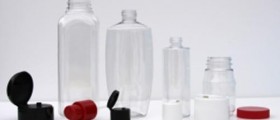
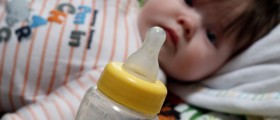
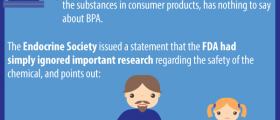





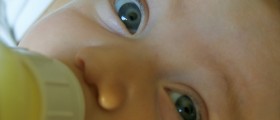



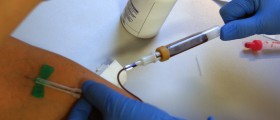


Your thoughts on this
Loading...